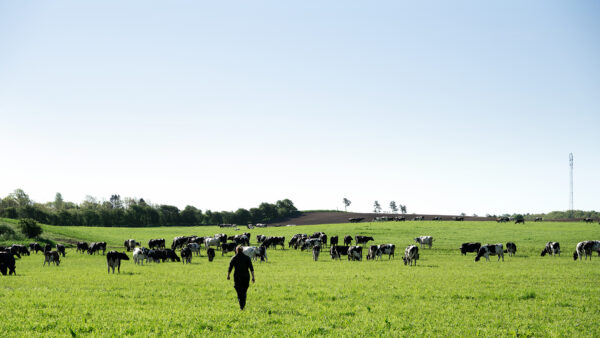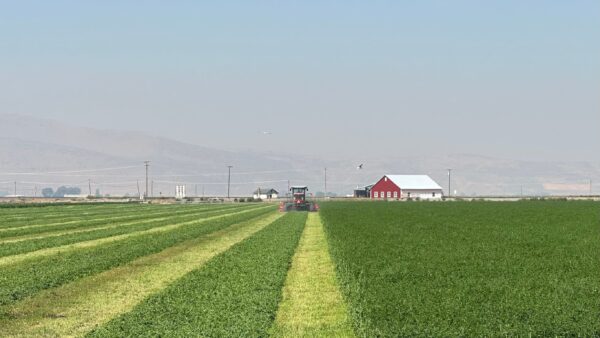The Basic Payment Scheme (BPS) for farmers, introduced in 2015 in the framework of the 2013 reform of the Common Agricultural Policy, has inherent limitations, according to a new report by the European Court of Auditors. The auditors concluded that the scheme is operationally on track, but that its impact on simplification, targeting and the convergence of aid levels is limited.
The BPS aims to provide basic income support to farmers and contribute to viable food production in the EU without distorting production decisions. With an annual expenditure of around €18 billion granted to some four million farmers, it is the EU’s biggest income support scheme for farmers.
Simplification was a guiding principle of the 2013 reform. But the complex rules on BPS and eligible land contained numerous options and exceptions, say the auditors. The rules chosen by Member States sometimes added complexity, increased the burden on national administrations, and allowed some farmers to realise windfall profits.
The reform extended the categories of land on which support is payable because Member States had various approaches in defining key terms such as “agricultural land” and “agricultural activity” to target support better towards “active“ farmers. But it could also create significant implementation problems. Member States’ choices also had a significant impact on the degree of redistribution of support, and farmers could in some cases maintain particularly high support levels resulting from past levels of subsidy. As a scheme essentially related to areas rather than income, say the auditors, BPS support tends to favour larger farms.
“The Basic Payment Scheme is an important source of income for many farmers, but it has inherent limitations,” says João Figueiredo, the Member of the European Court of Auditors responsible for the report. “It does not take account of market conditions, use of agricultural land or the individual circumstances of the holding, and is not based on an analysis of the overall income situation of farmers.”
Control systems in the visited Member States largely reduced the risk of incorrect calculation, and payments overall were not materially affected by error. However, in some cases, entitlement values were inaccurate, calculated only provisionally or based on estimates. The Commission provided Member States with extensive guidance, but it could not always ensure that the rules were applied consistently; it also lacked important monitoring information.
For the current BPS scheme (applicable until 2020), the auditors make a number of recommendations to the Commission concerning the allocation and calculation of BPS entitlements, addressing the national paying agencies’ key controls, the Commission’s systems for disseminating information among Member States, and the role of national certification bodies.
For the period after 2020, they recommend that the Commission should analyse the factors impacting income for all groups of farmers, their income support needs and the value of the public goods that farmers provide. From the outset, it should link the proposed measures to appropriate operational objectives and baselines against which performance could be compared.
The BPS is applied in Belgium, Denmark, Germany, Ireland, Greece, Spain, France, Croatia, Italy, Luxemburg, Malta, the Netherlands, Austria, Portugal, Slovenia, Finland, Sweden and the United Kingdom. The remaining Member States, which joined the EU in 2004 or 2007, apply a similar but transitory scheme, the Single Area Payment Scheme.
Source: European Court of Auditors












